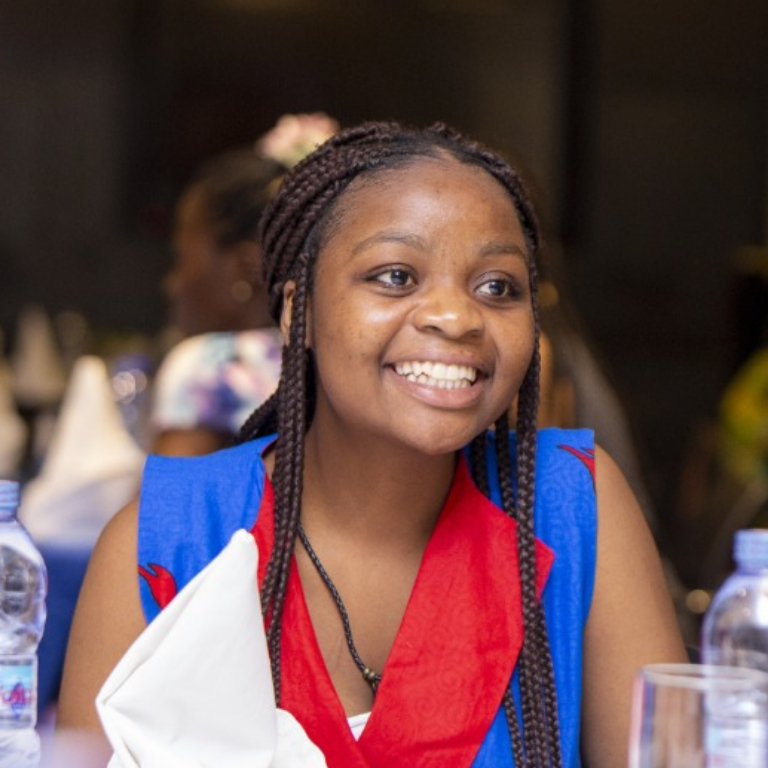by Agness Lungu, Indiana University Herman B Wells Scholar
An innovative program at the IU Maurer School of Law helps students deepen their understanding of the US criminal justice system while seeking justice for their clients.
The Law School’s Habeas Litigation Practicum familiarizes students with the fundamentals of federal habeas corpus litigation as they work on real cases. (In the US legal system, writs of habeas corpus (Latin for “that you have the body”) are used to determine whether the state’s continued detention of a prisoner is lawful.) Students in the practicum study the basic statutes, rules, and case law that govern habeas litigation. They also conduct legal research, draft documents connected with filings, and investigate the facts of current or potential cases. When possible, students also visit clients in Indiana prisons.
Adjunct Professor Michael Ausbrook, ’93, teaches the course. He is an attorney in private practice and former public defender in Marion County, Ind. and a recipient of the Gideon Award from the Indiana Public Defender Council. Ausbrook said it takes about five to six years to fully litigate a case from the time they take on a client and the time the case concludes. Hence, different students work on different parts of the case.
“I would say that we have won about 40% of all the cases we have taken up,” he explained. “The thing that makes this practicum different from other similar programs in the very few universities that are involved in habeas advocacy is that here, the students are fighting cases they are expected to win,” Ausbrook said. “I would have died to have that when I was a student.”
Cody Vaughn, ’19, is an associate at Hendler Flores Law, PLLC, a boutique law firm in Austin, Texas. He participated in the practicum in his third year of law school. He worked on several different cases and even argued one before the Seventh Circuit. Vaughn recommends the practicum to anyone who wants to go into appellate litigation. “The practicum, the experience I had with habeas, and the fact that I argued a case in the Seventh Circuit got me an on-the-spot job offer at the Texas Attorney General's office.” Vaughn said.
Vaughn added that his interaction with Prof. Ausbrook was very helpful. “He treated all of us like colleagues rather than students,” he said. “Prof. Ausbrook said he felt that he learned as much from us as we did from him. He really values people’s input, and over the process of my preparing for my oral argument, we became friends. That’s all because he is able to see someone who has been doing habeas for a year as someone who has meaningful input as well.”
Willow Thomas, ’21, participated in the practicum during her 2L year. She continued to work on research and cases in the practicum until she graduated. “It was a worthwhile avenue for me because the cases we were dealing with were a little different. These clients are people who were lost in filings, and to be part of the process where you can help reduce someone’s sentence made a real impact.”
In June 2021 Thomas argued Brown v. Brown before the Seventh Circuit. “I couldn’t have asked for someone to do more legwork for me in terms of helping me to prepare,” she said of Prof. Ausbrook. “The two weeks before I argued my case, we spoke almost every day on the phone and over Zoom to get me prepared.”
Thomas concluded that the practicum is beneficial to any law student because it enables them to work with real clients and develop care and concern for their problems. And in her case, it was truly life-changing: The practicum led to her decision to seek a career as a public defender.
Agness Lungu is a second-year undergraduate student in Indiana University's Wells Scholars Program. She wrote this article as a guest contributor to the IU Maurer School of Law.


